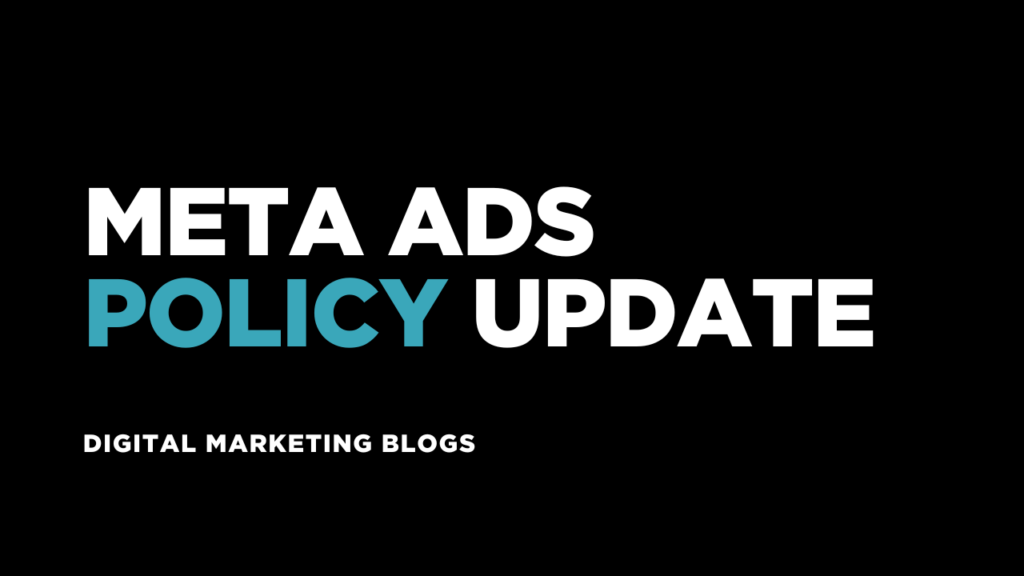If you’re running lead generation campaigns on Facebook or Instagram, you might have noticed a big change. Meta (the company behind Facebook and Instagram) recently updated its policy for lead forms. This update is especially important for digital marketers who collect personal data such as phone numbers using custom questions.
What Was the Previous Method?
Before the policy change, marketers could use custom questions in Meta lead forms to ask users for any information they needed. Many businesses added custom questions like:
-
What is your phone number?
-
When can we call you?
-
What service are you looking for?
This flexibility helped marketers collect very specific data to follow up with leads effectively.
What Changed in the New Policy?
Meta now prohibits collecting personally identifiable information (PII) such as phone numbers, Aadhaar numbers, credit card numbers, or any sensitive data using custom questions in lead ads.
Instead, you can only collect this type of data using Meta’s predefined fields like:
-
Full Name
-
Email
-
Phone Number
Trying to collect such information using a text-based custom question is now against Meta’s policies. If you continue to use it, your ad account might be restricted or suspended.
Why Did Meta Make This Change?
Meta has been under a lot of pressure in recent years over privacy concerns and data misuse. The company is working to build more trust with users by tightening control over how businesses collect and use data.
Here are a few reasons why this change was introduced:
-
User Privacy: Collecting sensitive information through unregulated fields puts users at risk. Meta wants to limit how personal data is collected.
-
Ad Transparency: By using predefined fields, Meta can better monitor what data is being collected and how it is used.
-
Regulatory Compliance: New data protection laws (like GDPR in Europe and DPDP in India) require platforms to safeguard user information. Meta’s update aligns with these regulations.
What Can You Do Now?
If you’re a digital marketer or business owner who relies on lead forms, don’t worry. There are several ways to adjust your strategy without violating Meta’s rules.
1. Use Predefined Fields
Stick to Meta’s standard lead form fields such as:
-
Name
-
Phone number
-
Email address
-
City
These are safe and approved for collecting user information.
2. Avoid Asking for Sensitive Info in Custom Questions
Do not ask for:
-
Phone numbers
-
IDs
-
Payment details
-
Medical history
Instead, use open-ended custom questions to qualify leads like:
-
What service are you interested in?
-
What is your preferred contact method?
-
How soon do you need our service?
These questions help understand user intent without collecting private data.
3. Redirect to Landing Pages
If you need detailed information, consider using the lead form to collect basic contact info, then redirect the user to a landing page where you can securely gather more details through a form hosted on your own website.
4. Update Your Privacy Policy
Ensure your privacy policy reflects how and where you collect data. This helps build trust and keeps you compliant with Meta and other data regulations.
How Will This Impact Marketers?
This change might feel restrictive, but it pushes marketers to adopt more transparent and user-friendly practices. Here are a few impacts:
-
Slight Drop in Conversion Rate: Shorter forms may increase leads, but those leads might be less qualified.
-
More Steps in the Funnel: If you redirect users to a landing page, there is an extra step, which may reduce conversions.
-
Better Data Security: Collecting data through approved methods protects your business and your users from future legal issues.
Tips to Keep Getting Quality Leads
Here’s how you can still run successful lead ads under the new rules:
-
Use attractive creatives and clear CTAs
-
Ask qualifying questions without collecting private data
-
Offer a free consultation or downloadable content
-
Use Meta Pixel and Conversion API for tracking events beyond lead form submissions
Real-World Example
Imagine you’re a digital marketing trainer in Kerala running ads for a course. Earlier, you might have asked:
“What’s your WhatsApp number so we can send you course updates?”
Now, that would be against the new policy if done through a custom question.
Instead, you can:
-
Use the phone number field already available in the lead form
-
Ask a follow-up question like: “Would you prefer updates via WhatsApp or email?” (this is allowed as it doesn’t collect private data directly)
This way, you follow the policy while still getting useful lead insights.
Final Thoughts
Meta’s new policy around lead form data collection might seem like a hurdle, but it is actually an opportunity to build better, safer funnels.
As a digital marketing strategist in Calicut, it’s your responsibility to stay updated with these changes and implement best practices. Following the new rules not only keeps your ad account safe but also helps build credibility and trust with your audience.
Always remember: Data collection is not just about getting leads, it’s about earning trust.



